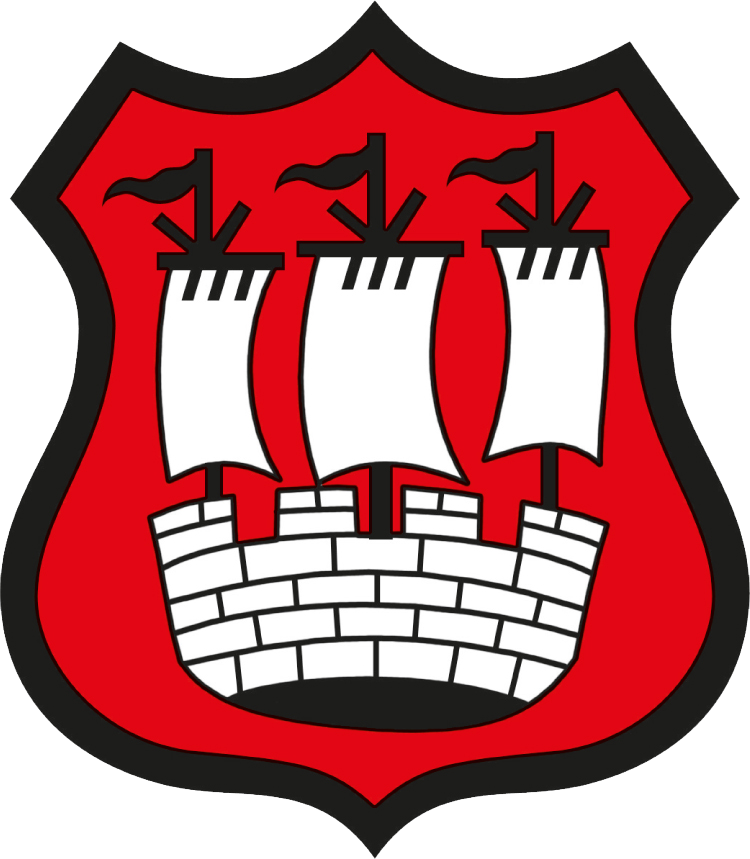Curriculum Pedagogy
We know that students do not acquire new knowledge in one lesson. Our curriculum is sequenced in such a way that we interleave the teaching of knowledge and skills over time in order that students can learn and practice their understanding. This approach also links to the way we assess our students' progress in the medium and longer term. We also know that students learn most effectively when there is a balance between new content and deliberate practice of learnt material. We want our students to make progress because they know more and remember more. Our curriculum pedagogy has 5 pillars which underpin lesson planning and also our professional development.
In order to aid student memory and understanding we deploy the below in our teaching:
- Retrieval – planning regular activities in lessons that require students to recall and use their prior learning in order to strengthen their understanding and commit it more readily to long term memory in a meaningful way. Retrieval also helps us to identify gaps in students' knowledge so we can plan our re-teaching in a bespoke way.
- Modelling – so that students know how to apply the knowledge and skills they are taught and have success clearly demonstrated to them.
- Questioning – we use a variety of questioning strategies in lessons to build rigour and challenge as well as to provide scaffolding for progress during the lesson. We also use questioning to ensure students are made to think hard with breadth, depth and accuracy.
- Deliberate Practice – giving students plenty of time and opportunities to practice new knowledge allowing an element of “over-learning” so that recall and application of new knowledge becomes second nature.
- Feedback and Review – through written and verbal feedback along with regular chances for students to review their work we help students identify misconceptions and improve on their previous understanding.
These are techniques which have been proven to have a positive impact on students being able to retain and understand new material. In addition, these techniques foster students' abilities to think deeply, problem solve and to act meta-cognitively.
